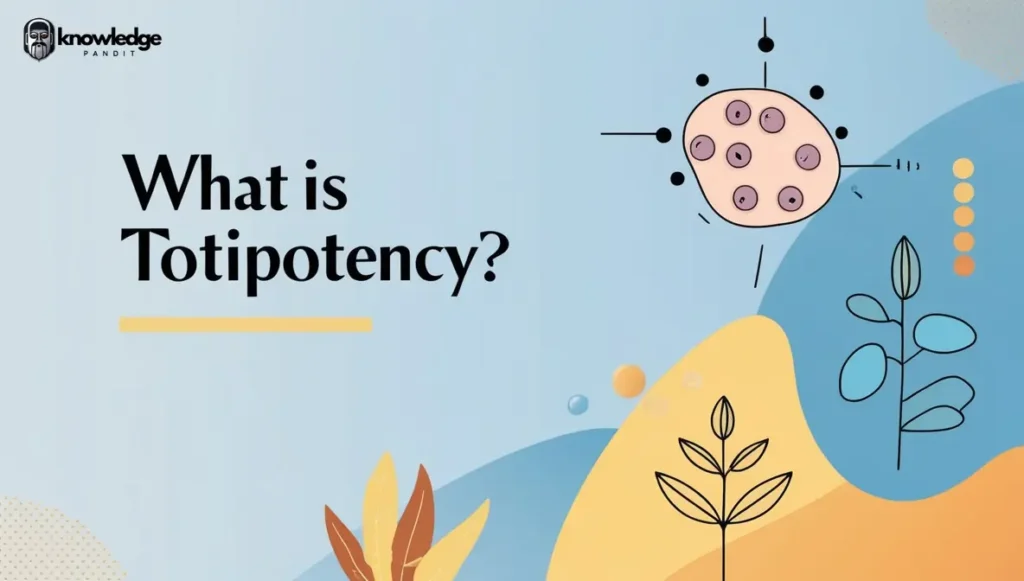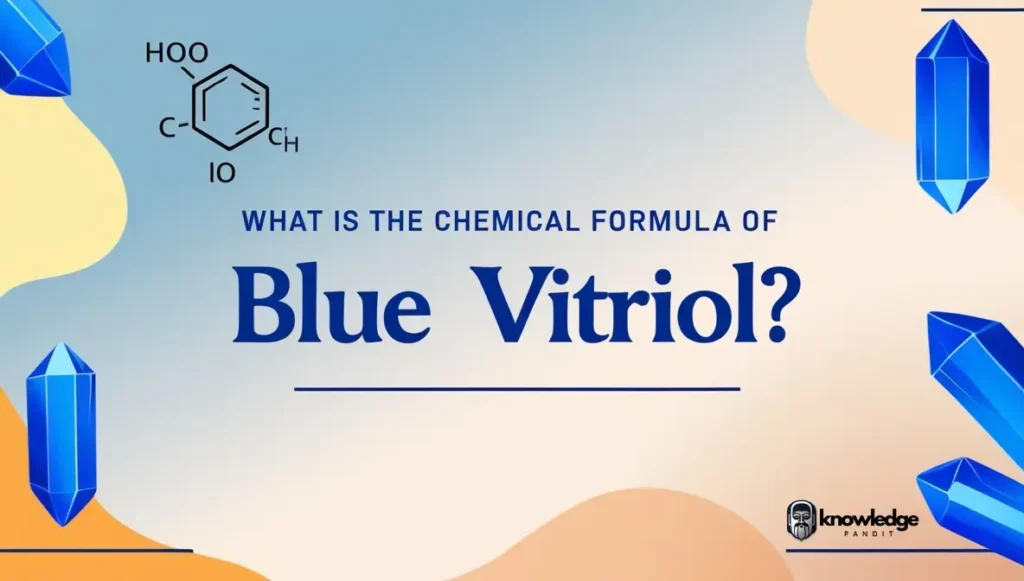Totipotency is defined as the ability of a single cell to divide and differentiate into all the specialized cells of an organism, including the formation of extra-embryonic tissues such as the placenta in animals or the endosperm in plants. This property is a defining characteristic of certain cells during the early stages of development.
Key Features of Totipotency
Universal Development Potential:
Totipotent cells can generate an entire organism, encompassing all tissues and organs.
Examples in Nature:
- Spores: Found in plants, fungi, and some bacteria, spores can grow into a complete organism under favorable conditions.
- Zygotes: In animals and plants, the fertilized egg (zygote) is totipotent and forms the complete organism.
Cellular Basis:
Totipotency is possible because totipotent cells retain all the genetic information necessary for the development of an organism.
Examples of Totipotent Cells
Zygote in Animals:
- After fertilization, the zygote undergoes cell division to form a blastocyst, where further differentiation begins.
- The first few divisions of the zygote are totipotent, forming both embryonic tissues and supportive structures like the placenta.
Plant Totipotency:
- In plants, almost any cell can exhibit totipotency under suitable laboratory conditions, such as tissue culture techniques.
Applications of Totipotency
- Plant Tissue Culture:
- Exploiting totipotency, scientists propagate entire plants from a single cell or small tissue segment.
- Used in agriculture for cloning high-yield crops and preserving endangered species.
- Regenerative Medicine:
- Totipotent-like properties are studied to improve cell therapies for organ regeneration.
- Genetic Engineering:
- Totipotent cells are crucial in genetic modification, where desired traits are introduced and propagated.
Explore More:
- How Does an Electric Motor Work?
- Why is the Bulb of a Thermometer Made of Thin Glass?
- How Do You Identify if a Lens Has a Positive or Negative Focal Length?
- Is Stone Rigid or Non-Rigid?
Interesting Facts About Totipotency
- First Step in Development: The zygote is the starting point of life in all sexually reproducing organisms, showcasing totipotency at its peak.
- Unique to Plants: Unlike animals, many plant cells retain totipotency throughout their life, allowing for efficient cloning and regeneration.
Importance of Totipotency
- Understanding Development:
Totipotency provides insights into how organisms grow from a single cell to a complex multicellular structure. - Agricultural Benefits:
Facilitates mass production of crops with desirable traits, increasing food security. - Biotechnological Advances:
Plays a vital role in developing therapies and innovations in genetic engineering.
Totipotency is not just a biological concept but a foundation for advancements in science and technology. Its study continues to unlock possibilities in medicine, agriculture, and beyond.




